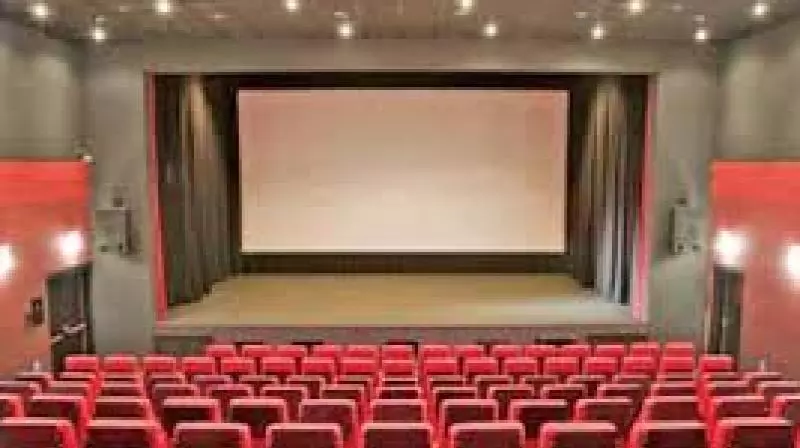World Theatre Day Today
Theatre gets revived in social media era

Hyderabad: Six venues. One day. Five shows. At 6 am on World Theatre Day, a group of actors will begin performing at the Public Garden. By evening, they will have crossed women's colleges, and Tank Bund, ending at Ravindra Bharathi.
Their play, ‘The Trap’, is a street piece on social issues like online betting and drug issues. But director Ajay Mankenapalli doesn’t label it “awareness theatre.” He calls it relevant. “Theatre must speak to where we are, not where we were,” he says.
Theatre is multiplying in Telangana through folk forms, student collectives, multilingual ensembles, and more. The department of language and culture claims a national record of 192 new productions in a decade. “All the faculties of human expression converge in theatre,” says director Harikrishna Mamidi. “So we promote it at every stage.”
Ravindra Bharathi, he points out, hosts not just final shows but rehearsals and actor training, and the result is over 3,000 trained artists, technicians, and directors.
Creative Theatre isn’t alone in celebrating the day. Collectives like Shudrka Hyderabad are building their own canon. Now in its 21st year, the group is staging four plays this week in Hindi, English, Telugu, and a multilingual production.Their star production is ‘Dora’, a Telugu version of Don Quixote which is being adapted into Oggu Katha.
“Theatre teaches you to connect,” says Souravi Ray, actor and treasurer at Shudrka. Though born in the twin cities, the collective defies geography. A girl from Adilabad performs Shakespeare and sings in Bengali. A man from Punjab recites in Telugu. “Diversity is important to us,” Souravi says. “That’s how you expand your mind. That’s the beauty of theatre.”
The need to constantly translate from language to form, from grief to rhythm, reveals something about theatre’s survival instinct here. That’s also why Ajay Mankenapalli, who also appears in Telugu films like Pushpa, never fully transitions into cinema. “You balance both. Theatre is not a stepping stone,” he says. Some of his students go on to act in films. Others don’t. That isn’t the measure of success.
Beyond stage and studio, another kind of work preserves what the stage remembers. Pranayraj Vangari has written one article a day on theatre on Wikipedia for over eight years. He records names, rehearsals, festivals, even full scripts.
“If I don’t write it, the next person might not find it,” he says. Festivals at Ravindra Bharathi are archived, including its actors, locations, even lighting cues. He had documented, without fanfare, and from the fact the regional theatre might not have institutional memory.
Ask why theatre still matters and no one gives the same answer. That is the answer. There’s no manifesto driving Telangana’s theatre scene. Instead, there are many simultaneous movements in colleges, in streets, in languages not written into official scripts. Some perform for applause, others for release. Few expect money. Most return. Because performance isn’t the only act on stage. There’s witnessing, listening. There’s the impulse to speak, even when no one asks.

